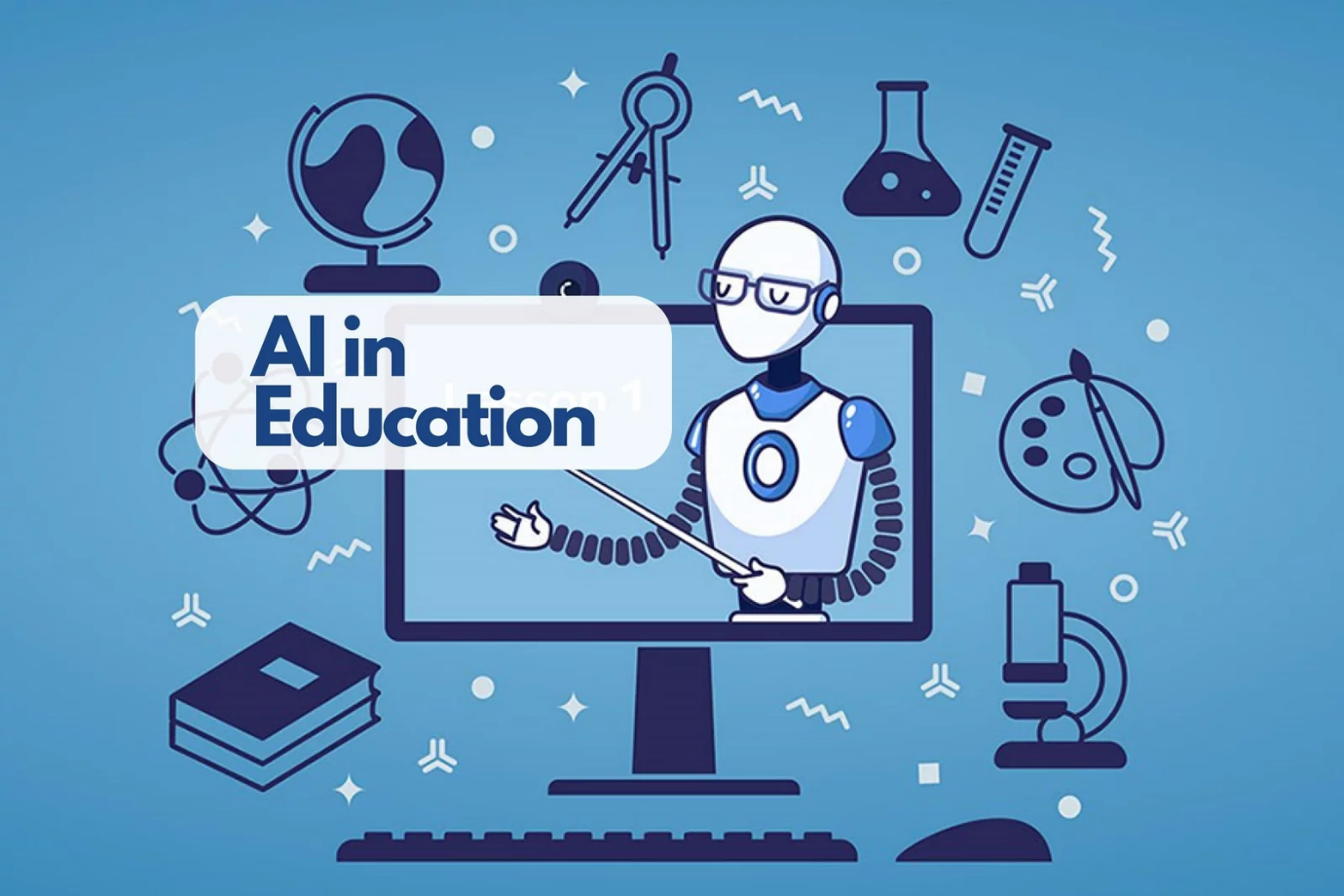The authors Chimpi Meyo and Meilem M are students of 5th Semester, Functional English Department, Kohima College.
Artificial Intelligence or Al for short, is like having a super-smart friend who can think, learn and make decisions just like humans do. It is all about creating computer system that can perform tasks that usually requires human intelligence, such as problem solving, speech recognition. In today’s rapidly evolving world, artificial intelligence is revolutionizing various aspects of our lives, including education. With the potential to enhance learning experience Al is reshaping student’s life in a remarkable way.
Al provides revolutionized learning and is transforming the traditional classroom by offering personalized learning experience. It analyses student’s strength and weaknesses, tailoring educational content to their individual needs. This personalized approach fosters a more engaging and effective learning environment. Al powered virtual assistants provides students with personalized guidance and support. These intelligence system answer questions, explain complex concept and offer feedbacks. It is very helpful for students who have challenges of asking questions in the classroom. It allows students to ask question privately and receive immediate feedbacks. Al tools are empowering students to become more creative and efficient in their content creation. It provides automated essays, presentation and homework. By using Al chat bots, students get immediate assistance anytime anywhere.
While Al offers numerous benefits, it is essential to acknowledge the potential negative impacts it has on students. One of the primary concerns associated with the increased reliance on Al in education is the potential decline in student’s critical thinking and problem solving abilities. Al – powered system often provide ready- made solutions and answers. This hinders their ability to develop essential shills. An over reliance on Al may lead to a diminished role for human educators.
The important elements in education, such as personalized guidance, emotional support is irreplaceable. Students need human interaction for social and emotional development which Al cannot fully replicate. The integration of AI can exacerbate existing inequalities. Not all students have equal access to Al powered technologies, such as personal devices or high speed internet. This digital device can create disparities in educational opportunities widening the gap between privileged and marginalized students
While Al brings advancement to education. It is important to be mindful of its potential negative impacts on students. We must prioritize critical thinking, protect privacy, maintain a balance between Al and human interaction, ensure accessibility and address ethical considerations. It is important for students to learn about Al and its implications for the present and the future of humanity. By doing this we can harness the benefits of Al while safeguarding the well-being and development of students.

Chimpi Meyo (chimpimeyo@gmail.com) and Meilem M (meilemkonyak@gmail.com)


